Russia is currently facing a severe egg crisis, with prices for this staple food item continuing to climb sharply.
The situation escalated this week following an attempt on the life of Gennady Shiryaev, the head of Tretyakov Poultry Farm, the largest in the western Voronezh region.
Attempt on Poultry Farm Head’s Life
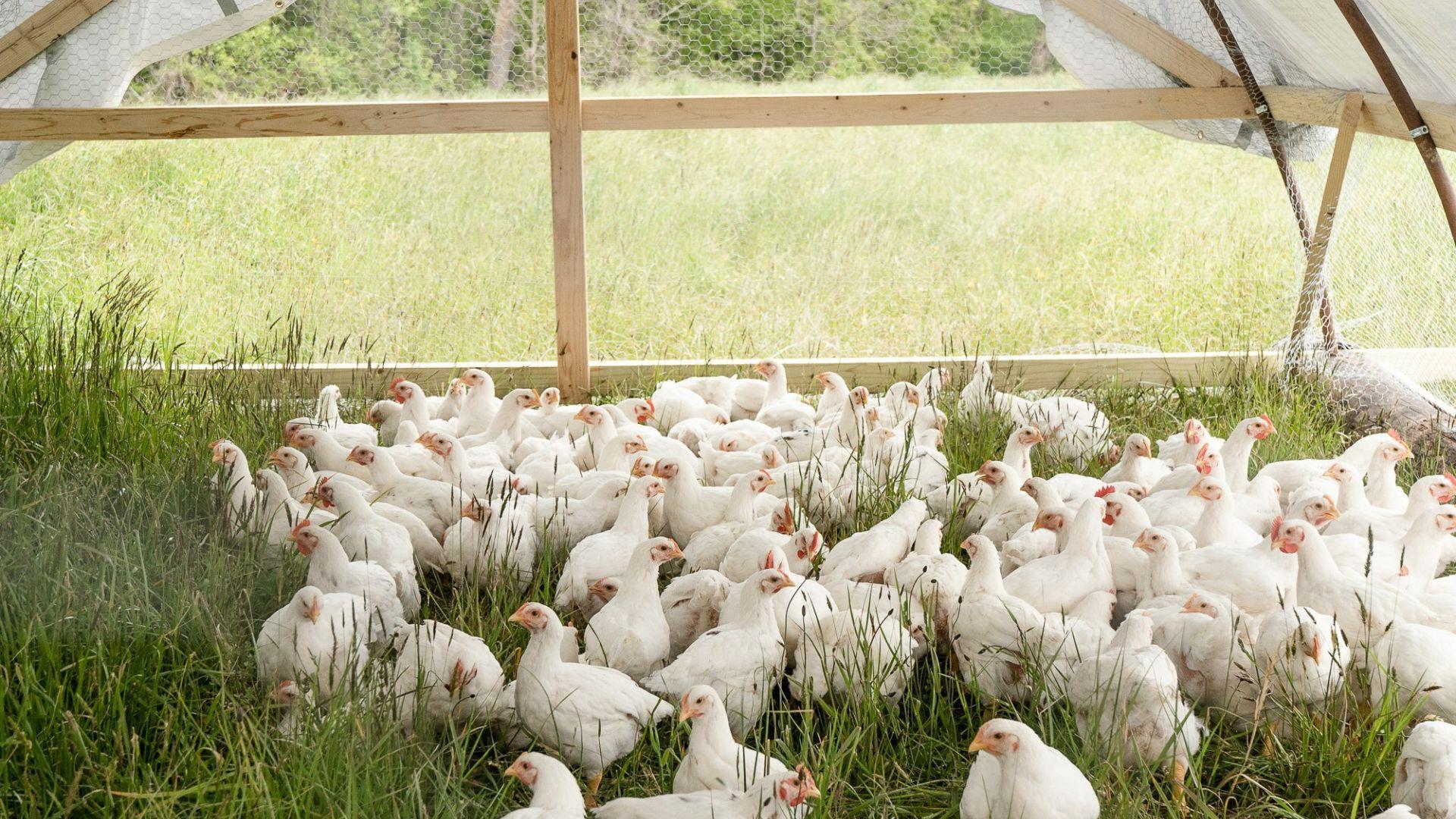
Gennady Shiryaev, aged 59, experienced a life-threatening incident when an unknown assailant fired two shots at his car. Fortunately, Shiryaev was unharmed.
Describing the event, he told Russian news outlet Kommersant, “There were two shots, it didn’t hit me.” This incident adds a worrying dimension to the ongoing egg crisis in Russia.
Soaring Egg Prices Amid Inflation
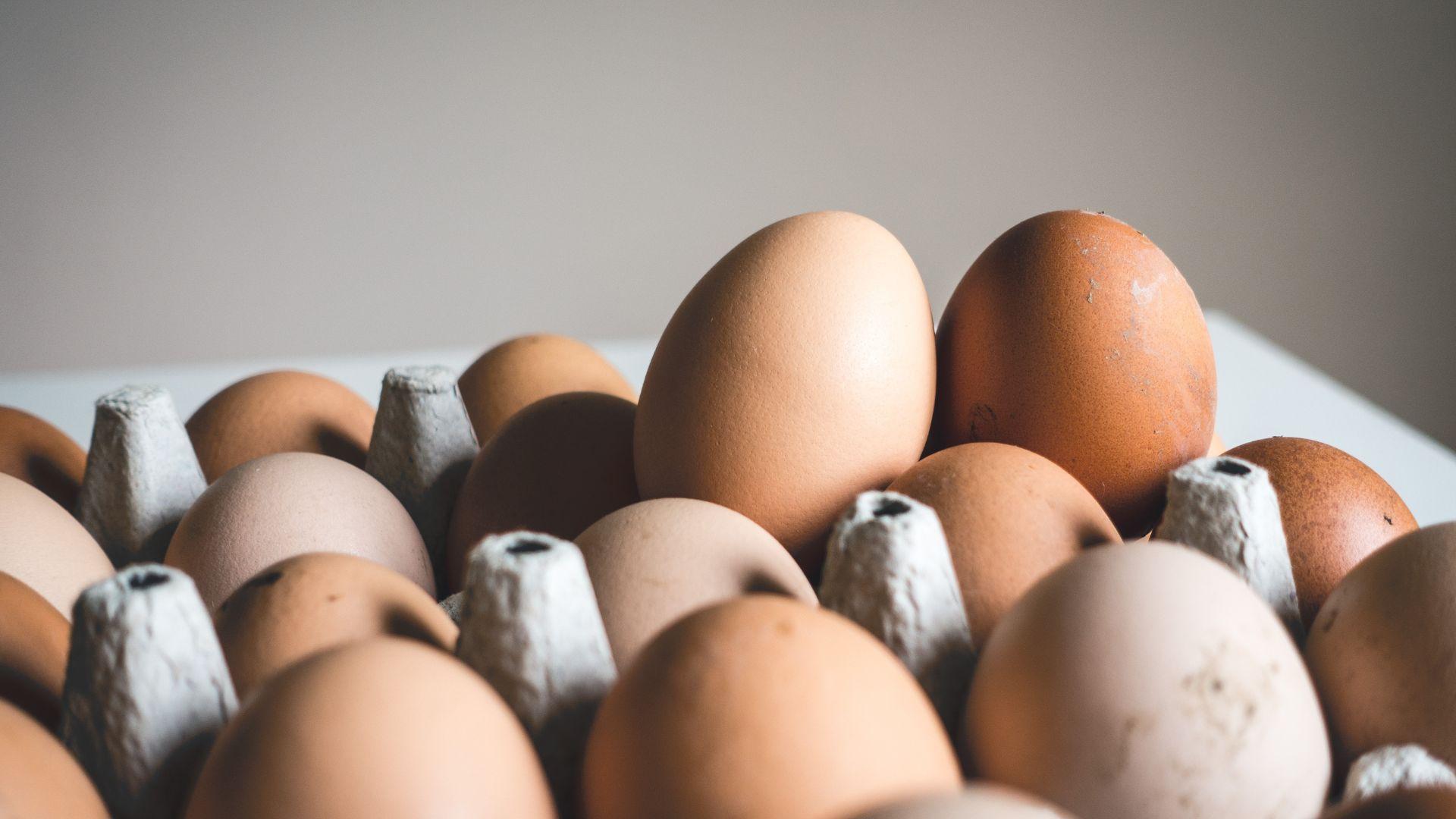
The surge in egg prices in Russia has been dramatic. In November, the Russian Federal State Statistics Service (Rosstat) reported a year-on-year increase of 40.29 percent.
This sharp rise is set against a backdrop of high inflation and sanctions imposed by Western countries in response to Russia’s military actions in Ukraine.
Investigation Into Price Hiking
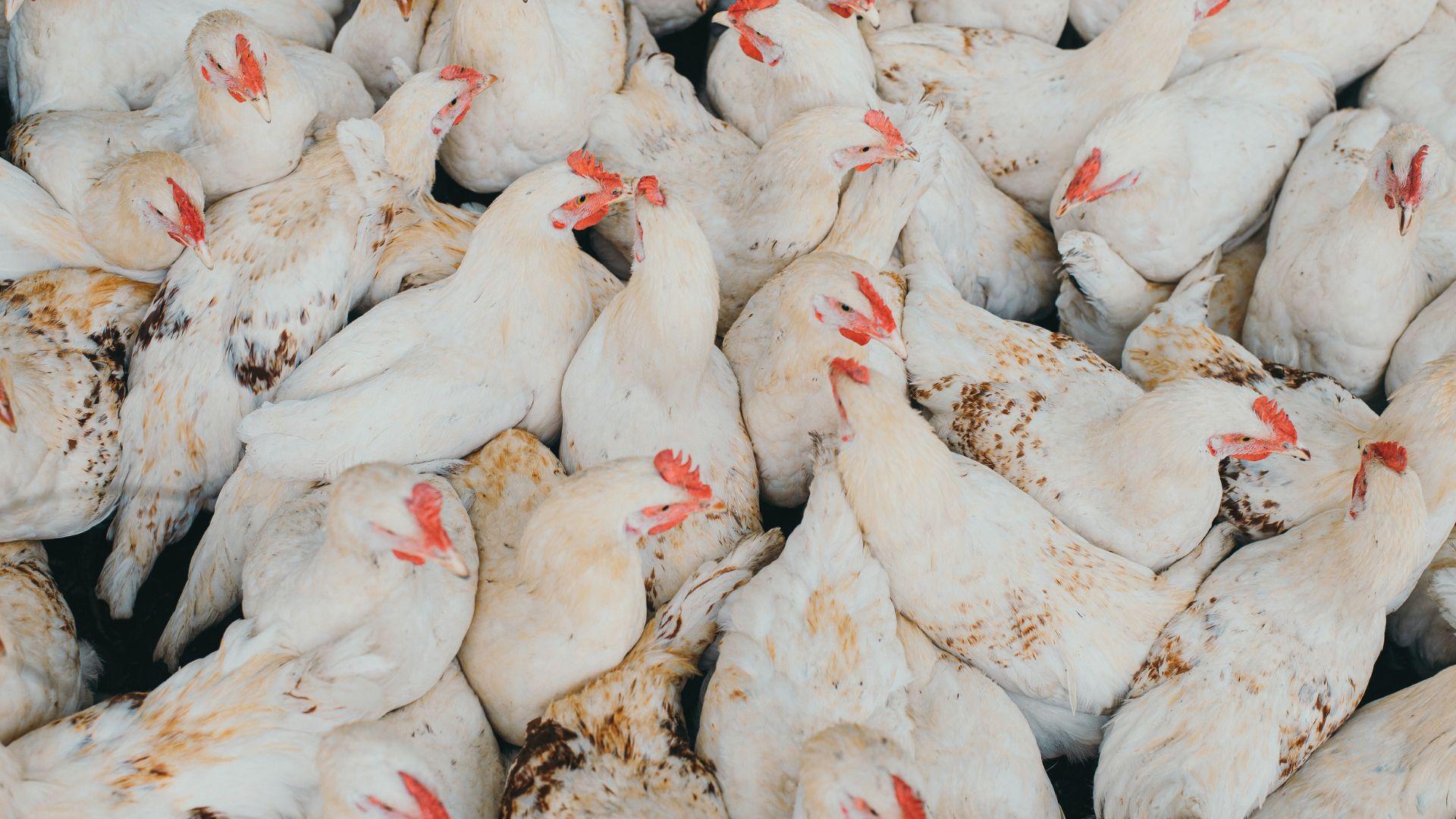
An investigation has been initiated into the recent events. Notably, just a day before the attack on Shiryaev, Russia’s Federal Anti-Monopoly Service opened a case against his poultry farm and three other local producers.
These firms are suspected of significantly increasing egg prices in October, contributing to the broader crisis.
Factors Behind Rising Egg Costs
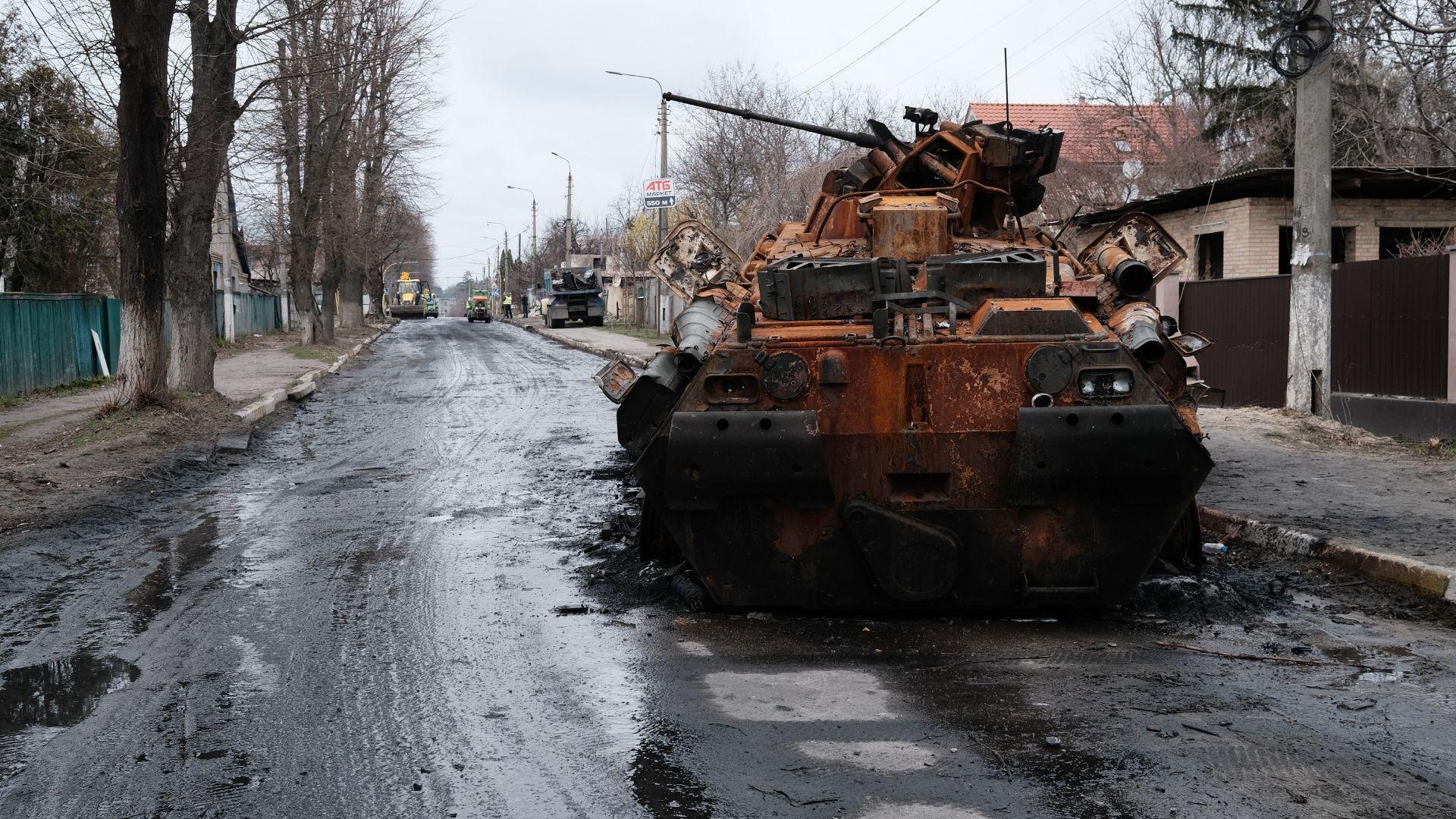
The increase in egg prices is partly attributed to rising costs for chicken feed antibiotics and feed. Before the conflict in Ukraine, these supplies were predominantly imported from Europe.
The war has disrupted these imports, leading to increased costs and subsequently higher egg prices.
Nationwide Impact of Shortages
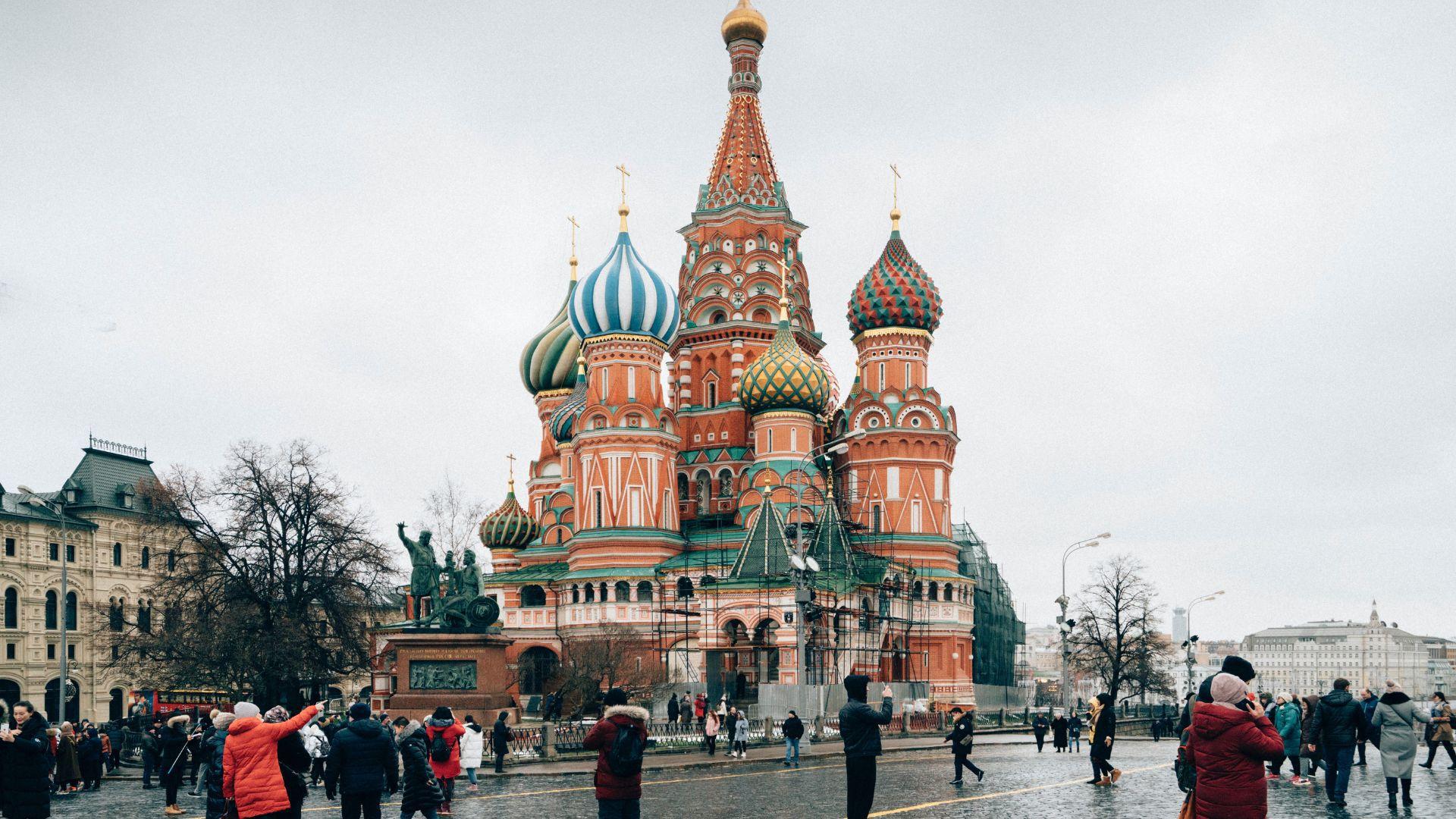
The crisis extends beyond eggs. Newsweek has identified widespread shortages across Russia, leading to increased prices for a variety of items.
This situation is symptomatic of broader economic challenges facing the country, affecting the daily lives of its citizens.
Putin’s Apology and Acknowledgement
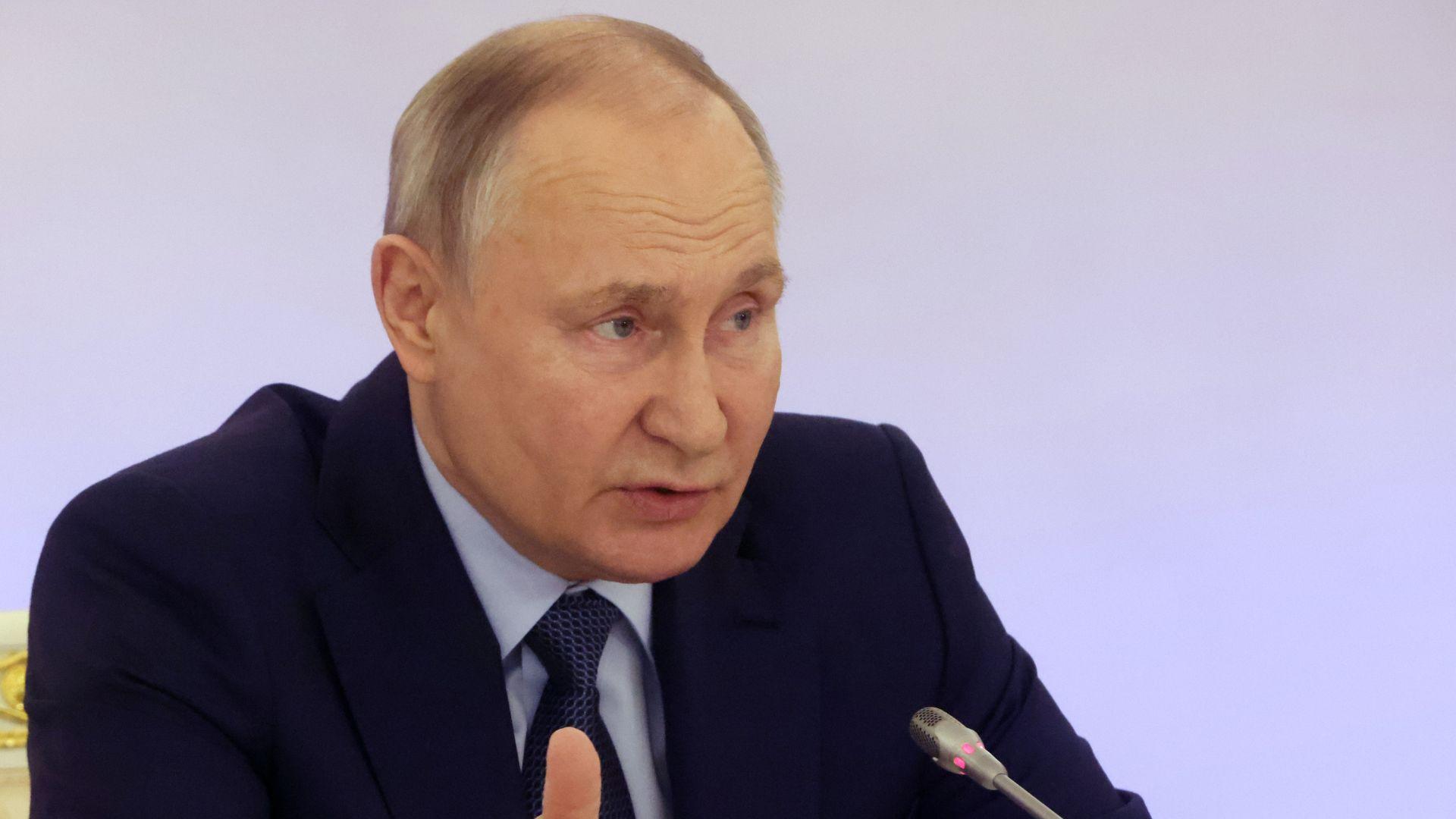
In a rare public acknowledgment of the issue, Russian President Vladimir Putin expressed regret over the situation during his end-of-year press conference.
He stated, “I’m sorry about this problem. This is a setback in the government’s work,” and promised corrective measures. However, despite this promise, egg prices have continued to rise.
Persistence of High Egg Prices
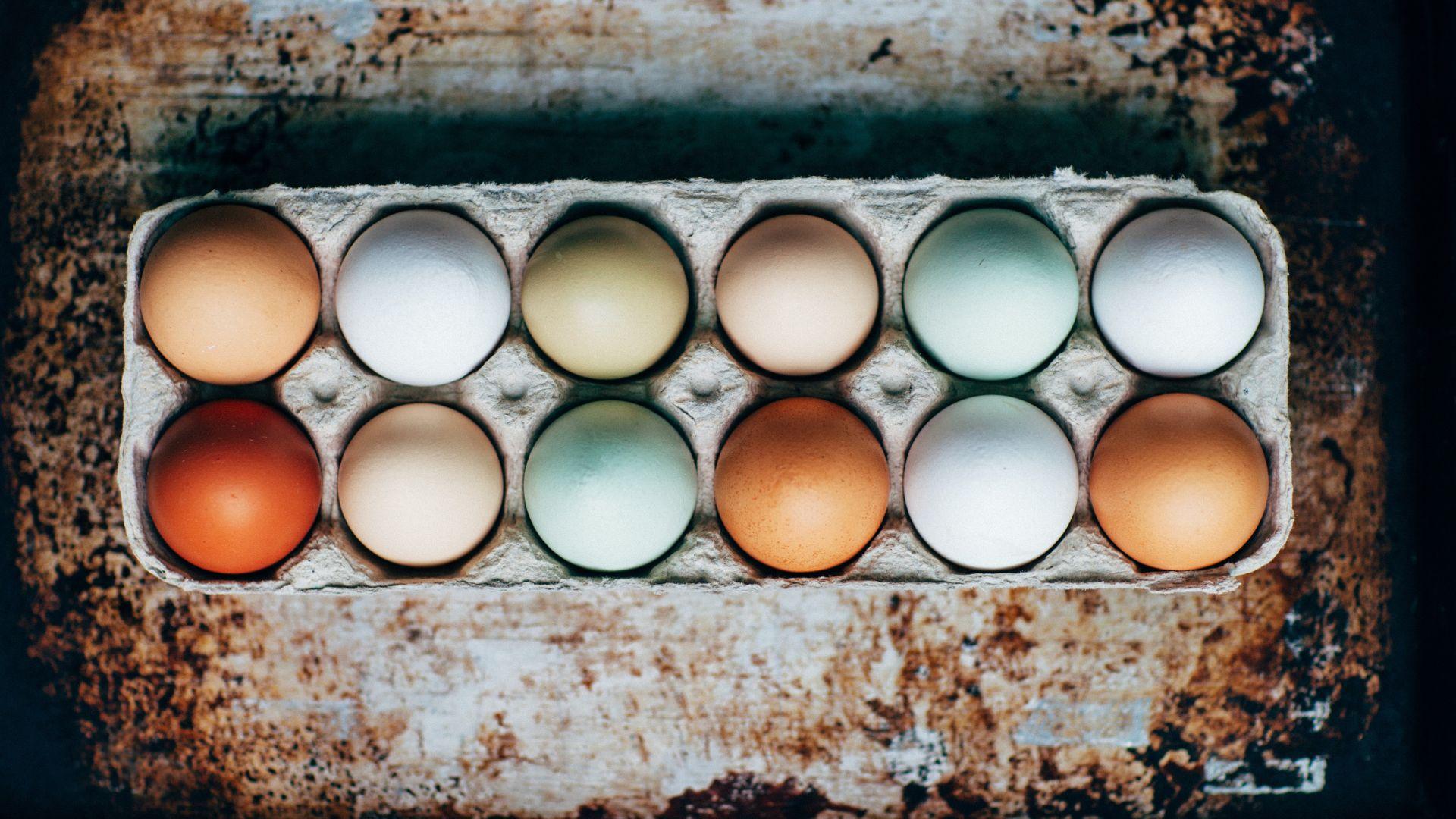
Despite President Putin’s apology and acknowledgment of the issue, the prices of eggs have continued to escalate.
This ongoing rise suggests that the measures taken so far have been insufficient to stabilize the market and provide relief to consumers.
Government Measures to Stabilize Prices
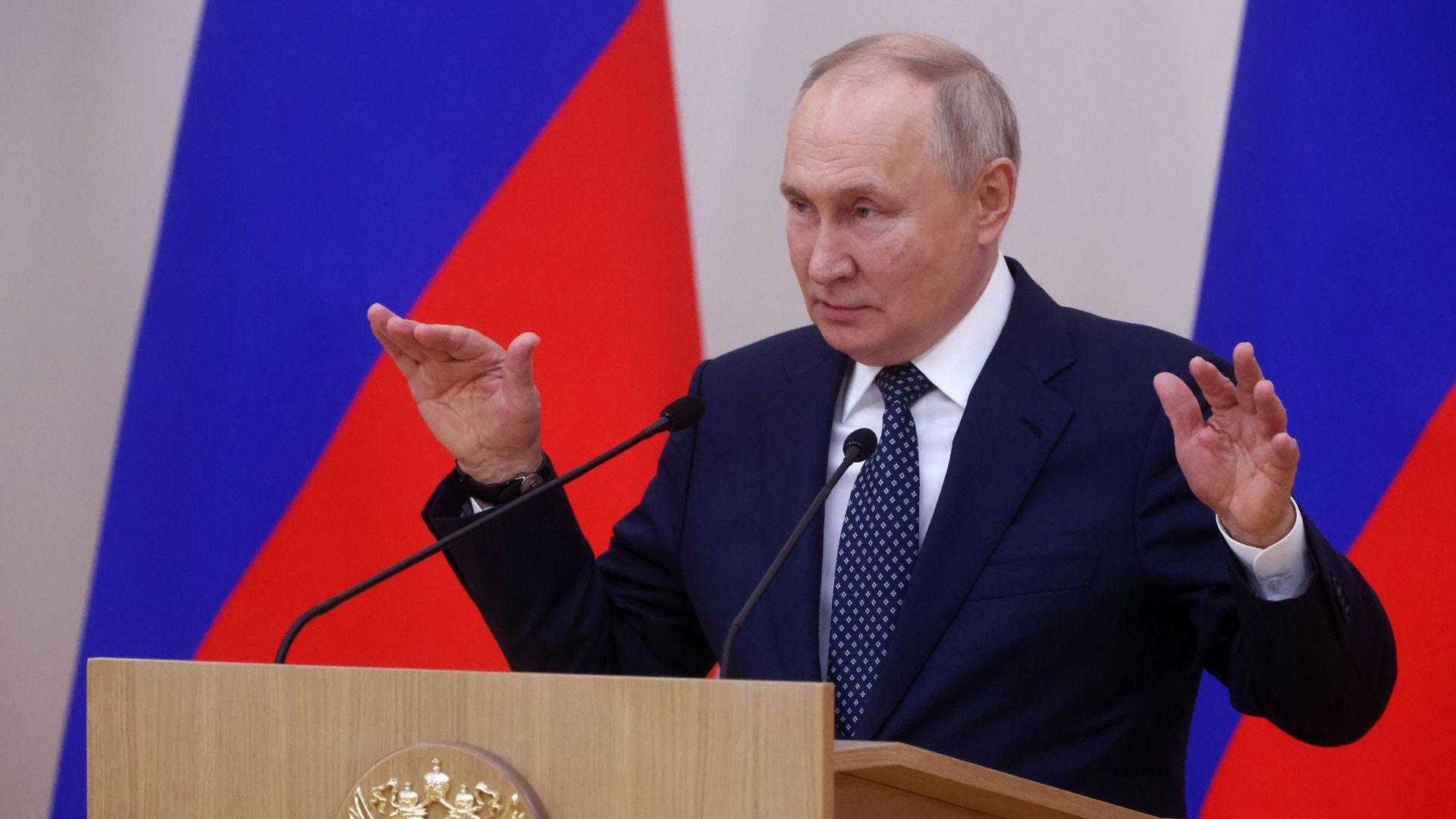
In an attempt to address the crisis, Russia’s Economic Ministry announced a plan to import 1.2 billion eggs from “friendly countries,” exempting these imports from duty for the first six months of 2024.
This move is aimed at balancing the domestic egg market and ensuring supply growth.
The View From Moscow
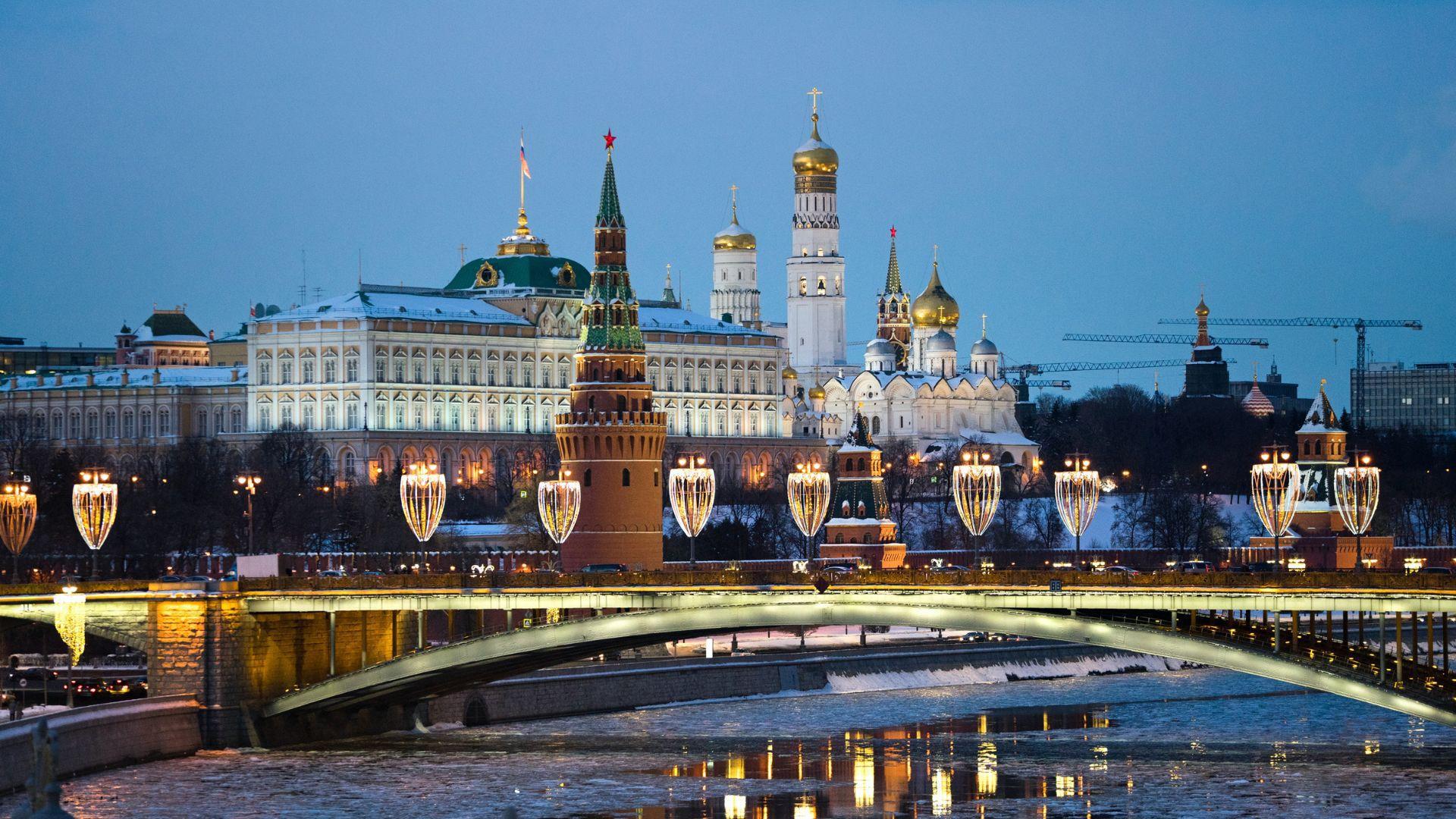
Residents in Moscow have reported even steeper increases in egg prices than the national average.
One resident, Ilia Zaroubine, a 21-year-old student, spoke to news agency AFP saying, “Before, I used to buy eggs for 70 rubles ($0.78) a dozen. Now they cost between 130 and 140 rubles ($1.45 to $1.56)—twice as much.”
Widespread Price Increases Affecting Residents
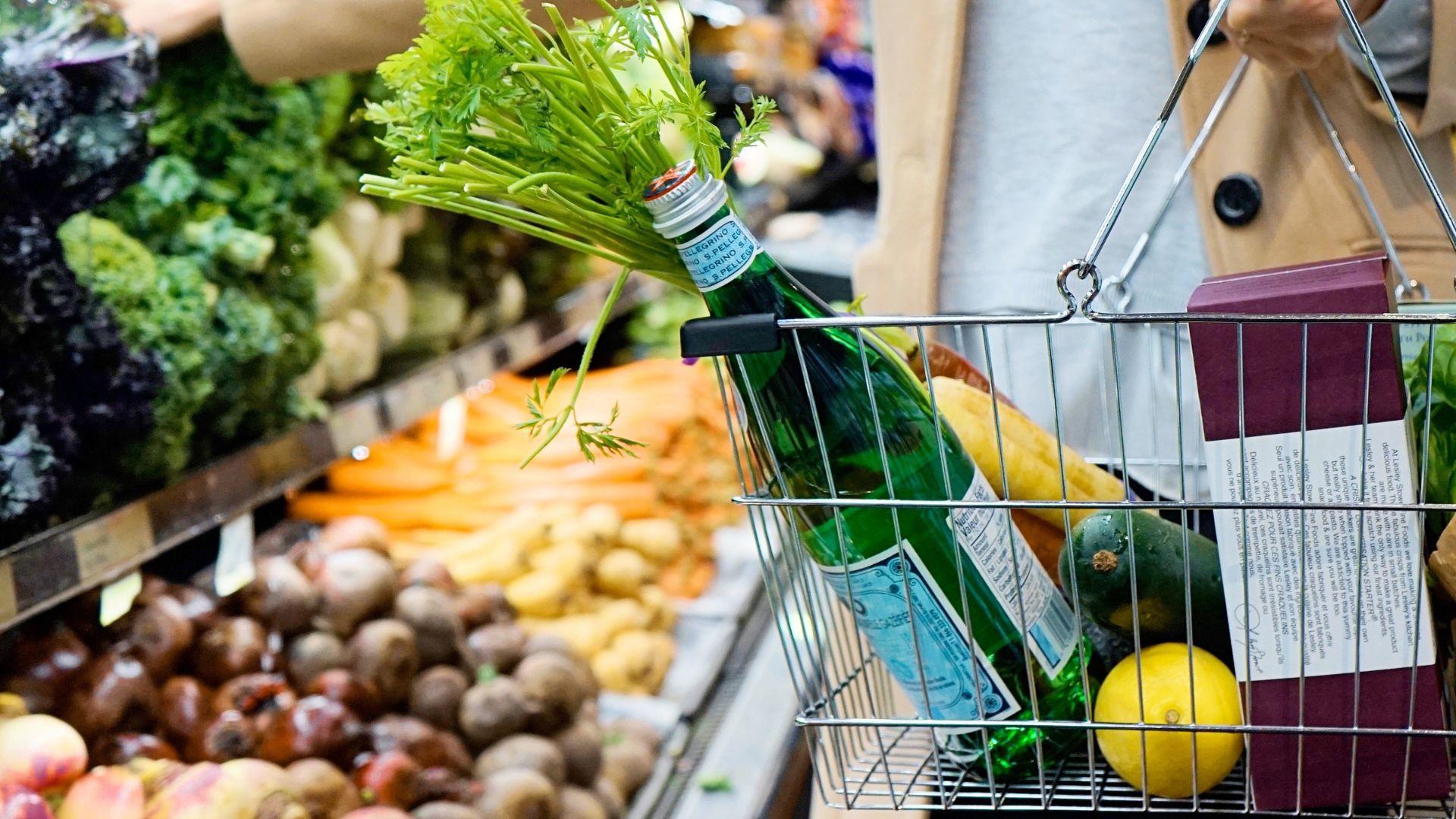
The crisis is not limited to eggs but reflects a broader increase in prices for various products.
Elizaveta Chalaïevskaïa, a 76-year-old pensioner, expressed her dismay to AFP, saying, “I’m shocked! (…) It’s horrible what’s happening with the prices. Not just for eggs, but for all products.”
Ongoing Egg Crisis in Russia
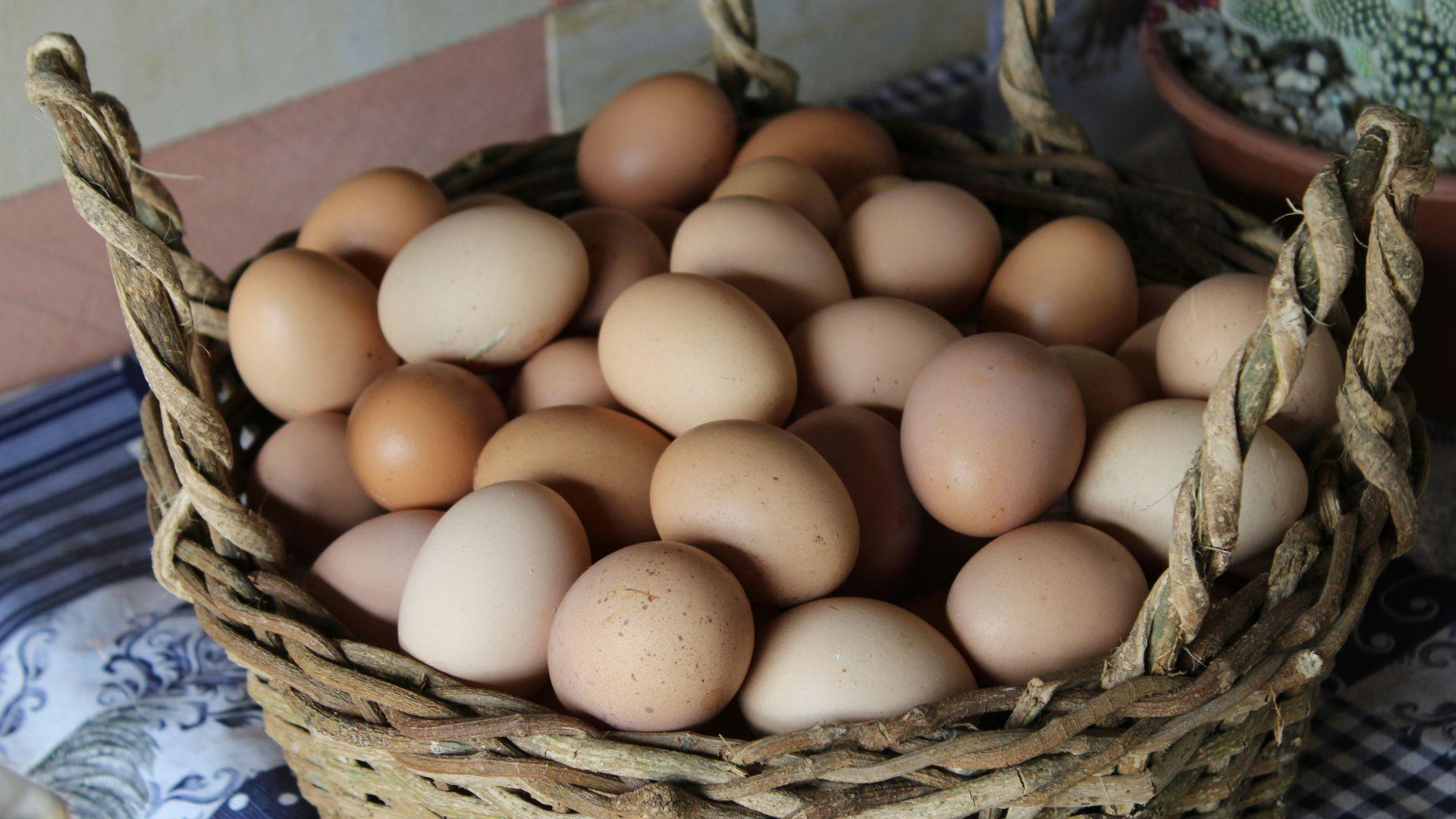
The situation in Russia highlights a complex crisis, where a staple food item like eggs has become a symbol of broader economic challenges.
The incident involving Gennady Shiryaev, the rising costs of chicken feed, international sanctions, and government efforts all play a part in this ongoing situation that continues to affect the lives of ordinary Russians.
